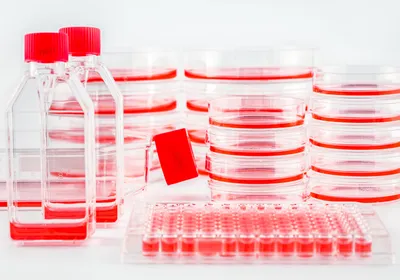 WIKIMEDIA, MAGGIE BARTLETT NHGRIFor nearly four decades, the National Institutes of Health has tasked a special committee with giving an added layer of oversight to gene therapy clinical trials. But as researchers have become experienced with the approach and more aware of potential risks, the Institute of Medicine (IOM) now suggests that this additional review is not needed in most cases. Rather, the committee could better apply its resources to emerging technologies for which far less is understood.
WIKIMEDIA, MAGGIE BARTLETT NHGRIFor nearly four decades, the National Institutes of Health has tasked a special committee with giving an added layer of oversight to gene therapy clinical trials. But as researchers have become experienced with the approach and more aware of potential risks, the Institute of Medicine (IOM) now suggests that this additional review is not needed in most cases. Rather, the committee could better apply its resources to emerging technologies for which far less is understood.
“Gene transfer research no longer stands alone as the only application for an emerging technology that might benefit from additional avenues of oversight. Nor is it even necessarily the one most deserving of such attention,” according to the report.
ScienceInsider noted that investigators testing gene therapies have considered reviews by the Recombinant DNA Advisory Committee a burden. Sharon Terry, president of the nonprofit Genetic Alliance in Washington, D.C. and a member of the IOM panel, told Nature:“We heard across the board that duplicity and different kinds of filings that scientists are responsible for are slowing down trials that should go forward.”
The IOM report does not recommend doing away with the committee altogether. In some gene therapy trial proposals, there should be extra oversight, such ...


















